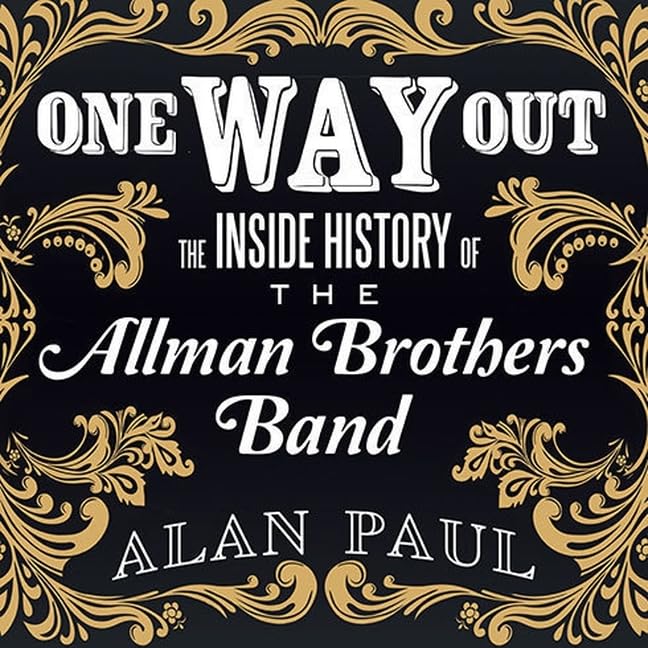What do you think?
Rate this book


Audio CD
First published May 21, 2012
I am a long time fan of the Allman Brothers Band. Of all the music I have ever owned, the Allman Brothers Live at the Fillmore recording is my all-time favorite. Over the years I have worn out two copies of the vinyl record album, three CD's of the original recording, and one CD of the expanded reissue version.
This is the third book I have read about the Allman Brothers Band; this is by far the most thorough and unbiased. Author Alan Paul's skills as an interviewer served this book and the reading public very well.
Hardcore fans of the ABB will recall the unknown and unnamed audience member who spoke for all fans of the band when he yelled a request during a quiet moment in the middle of the unforgettable version of the song “You Don't Love Me” on the Live at the Fillmore recording. Whoever he was, the recording memorialized the wish of all fans of the Brothers. The fan yelled these words to the musicians: “Play all night!”
My rating: 8/10, finished 8/7/20 (3450). I purchased my used HB copy in like-new condition from McKay's Books for $5.00 on 6/28/20.
HHHHHHHHHHHHHHHHHHHHHHHHHHHHHHHHHHHHHHHHHHHHHH